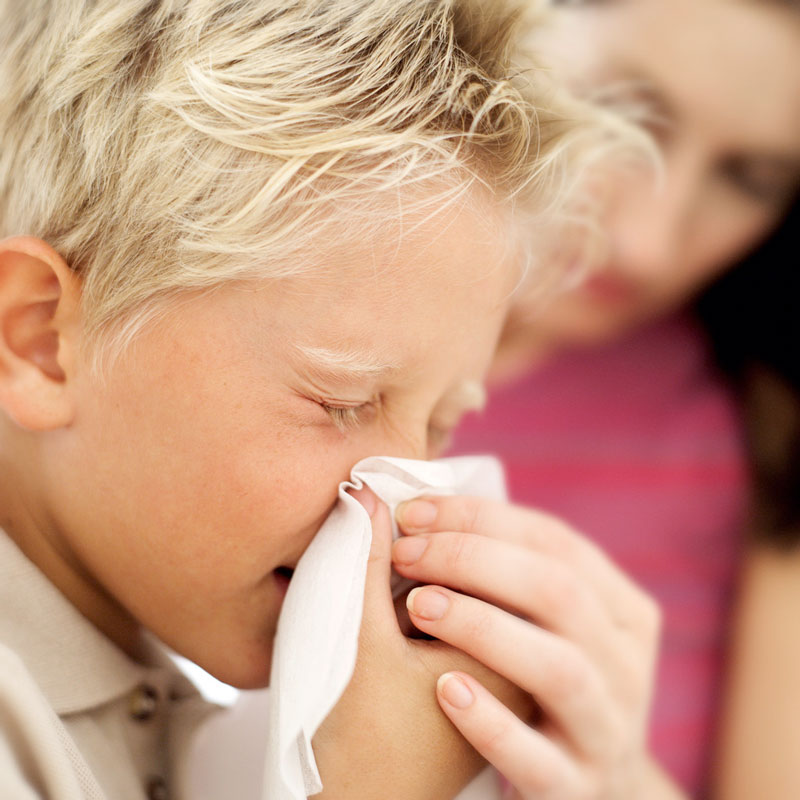Hay Fever Causes
The dreaded hay fever seems like it slows everyone down during the spring. Known medically as allergic rhinitis, hay fever refers to the symptoms that occur when an individual breaths in an allergen. Most often these allergens are substances like pollen, pet dander, dust, or insect venom. Contrary to what the name might suggest, hay fever doesn’t stem from just hay, though it can. In general, though, hay fever does signify a reaction to outdoor allergens. Most people who suffer from the condition don’t even know how it works and what they can do to treat themselves to alleviate the symptoms.
When you breathe in an allergen like pollen, your body produces chemicals known as histamines. These histamines in turn lead to the allergy symptoms. Common hay fever symptoms include sneezing, itchy or watery eyes, runny or stuffed nose, and decreased sense of smell. AS the problem worsens, you may contract a headache or have problems with fatigue and puffiness. In fact, if you’ve ever suffered from hay fever, you may have even had trouble with your memory and found yourself thinking more slowly than usual. These are all normal symptoms that can be alleviated with proper treatment and care.
Of course, most of your allergy medications don’t treat the problem—just the symptoms. When you’re allergic to trees, grass, or ragweed, it can be hard to stay away from your allergens as well. Your doctor, however, can give you tips on how to minimize your exposure to these substances. He or she can also prescribe you medication to help you live your life without interference from these negative symptoms. Medications can fall into many different classes, including anti-histamines and decongestants. In severe cases, many doctors will recommend allergy shots, particularly if you cannot avoid your allergen and your symptoms have proven hard to control.




